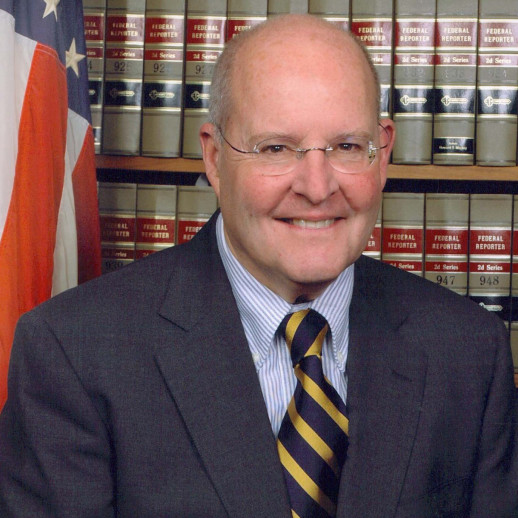PHILADELPHIA – A federal appellate court has affirmed a District Court decision which conferred class certification to plaintiffs enrolled in a retirement plan, who had alleged the company charged excessive record-keeping and administrative fees, and presented expensive investment options instead of more affordable alternatives.
On June 1, Third Circuit judges Anthony J. Scirica, Joseph A. Greenaway Jr. and Robert Cowen unanimously ruled to uphold the initial decision from the U.S. District Court for the Eastern District of Pennsylvania, which found in favor of plaintiffs Mary K. Boley, Kandie Sutter and Phyllis Johnson, and against Universal Health Services, Inc. and Health Universal Health Services, Inc. Retirement Plans Investment Committee.
According to the plaintiffs, Universal committed breach of fiduciary duty under the Employee Retirement Income Security Act of 1974 (ERISA), by “failing to monitor and reduce the excessively high record-keeping and administrative fees” for the plan” and “failing to provide a prudent investment evaluation process.”
The plaintiffs added that the defendants provided an expensive plan choice, the Fidelity Freedom Fund – which became a plan participant’s investment choice if and when they did not select a fund themselves.
In their decision, the District Court certified a class of participants in the plan beginning with the date of June 5, 2014, through the present. No matter which retirement plans the named plaintiffs chose, the District Court judge found they were model examples of the class at hand and that their allegations centered on the defendants’ misconduct towards the class.
The defendants appealed to the Third Circuit, finding the plaintiffs’ claims should be dismissed, on the grounds they did not have constitutional standing for claims connected to funds in which they did not invest themselves.
It was a view not shared by the Third Circuit, whose opinion was authored by Scirica.
Scirica and his colleagues found the defendants’ framing of the issues to be “artful pleading” and that “because the class representatives allege actions or a course of conduct by ERISA fiduciaries that affected multiple funds in the same way, their claims are typical of those of the class.”
“Certainly, there may be some situations where typicality for an ERISA class would not be satisfied unless the class representative invested in each of the challenged funds. But that is not the case here. And because we think the typicality inquiry is best served done on a case-by-case basis, we decline to adopt a per se rule as to whether a class representative must have invested in each of the challenged funds,” Scirica said.
“We recognize that allowing class representatives to bring claims relating to funds in which they did not invest may result in some inefficiency at the damages stage. But these concerns do not bar certification of this (b)(1) class. Rather, they more closely resemble concerns that might relate to the predominance and superiority requirements for (b)(3) classes than they do the typicality requirement of Rule 23(a).”
An important point the Third Circuit made was that, in its view, the plaintiffs suffered “concrete injuries” and that since the plan fees in question were uniform across the board, all participants of the plan were equally affected.
“This allegedly excessive annual fee would represent a concrete and personal injury to a plaintiff regardless of the funds in which he or she invested. It is immaterial to our standing analysis that each plaintiff’s actual recovery would be personal to his or her individual account, or that, due to the effects of compounding interest, a flat annual fee represents a higher ultimate cost for a plaintiff further from retirement than one close to retirement,” Scirica said.
“Accordingly, Universal’s concerns about the individualized proof that will be required for plaintiffs to recover are not a reason here to prevent certification of a (b)(1) ERISA class that meets the requirements of Rule 23(a). For these reasons, we will affirm the judgment of the District Court.”
U.S. Court of Appeals for the Third Circuit case 21-2014
U.S. District Court for the Eastern District of Pennsylvania case 2:20-cv-02644
From the Pennsylvania Record: Reach Courts Reporter Nicholas Malfitano at nick.malfitano@therecordinc.com
